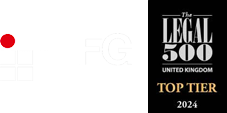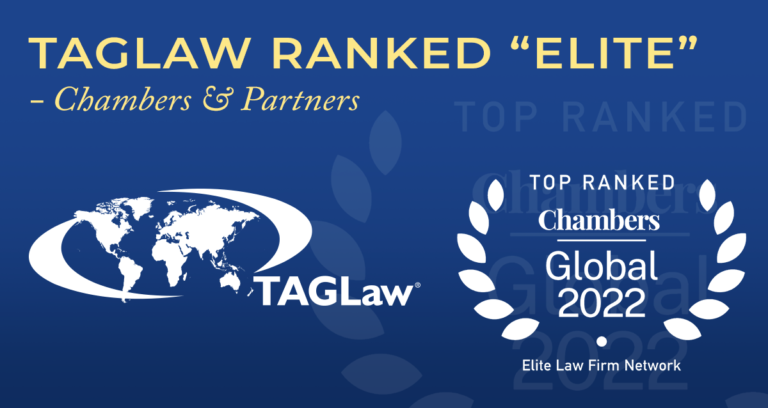The OECD has commenced (22 March 2022) consultation on a new Crypto-Asset Reporting Framework (CARF) as well as on changes to the Common Reporting Standard (CRS).
In the opening paragraphs of the consultation document, the OECD reflects on the significant risk it perceives to global tax transparency posed by the crypto-asset market and the intermediaries involved.
To begin to counteract that risk, the consultation includes the CARF rules and commentary which could be transposed into domestic law to collect information from crypto-asset intermediaries. The rules and commentary will be followed by a framework of arrangements to exchange the relevant information as well as technical solutions to support that exchange.
The rules and commentary cover the following four areas:
- The scope of crypto-assets to be covered which include stablecoins, derivatives issued in the form of a crypto-asset and certain non-fungible tokens (NFTs)
- The intermediaries subject to data collection and reporting requirements which include intermediaries which effect transactions in crypto-assets on behalf of customers
- The transactions subject to reporting and the information to be reported
a. Exchanges between crypto-assets and fiat currencies
b. Exchanges between one or more forms of crypto-assets
c. Reportable Retail Payment transactions
d. Transfers of crypto-assets - The due diligence procedures to identify crypto-asset users and the relevant tax jurisdictions for reporting purposes
The consultation poses a number of questions and includes the draft rules and commentary for consideration.
In terms of the proposed changes to CRS, the proposed amendments to the current commentary are included in the consultation document and address such things as bringing new digital financial products within the scope of CRS, such as electronic money, and additional requirements in relation to due diligence and reporting procedures.
The consultation document is available here OECD consultation and is open until 29 April 2022.
Download the PDF version of this article HERE
Disclaimer
The information and/or opinions contained in this article is necessarily brief and general in nature and does not constitute legal or taxation advice. Appropriate legal or other professional advice should be sought for any specific matter. Any reliance on such information and/or opinions is therefore solely at the user’s own risk and DQ Advocates Limited (and its associates and subsidiaries) is not responsible for, and does not accept any responsibility or liability in connection with any action taken or reliance placed upon such content.






